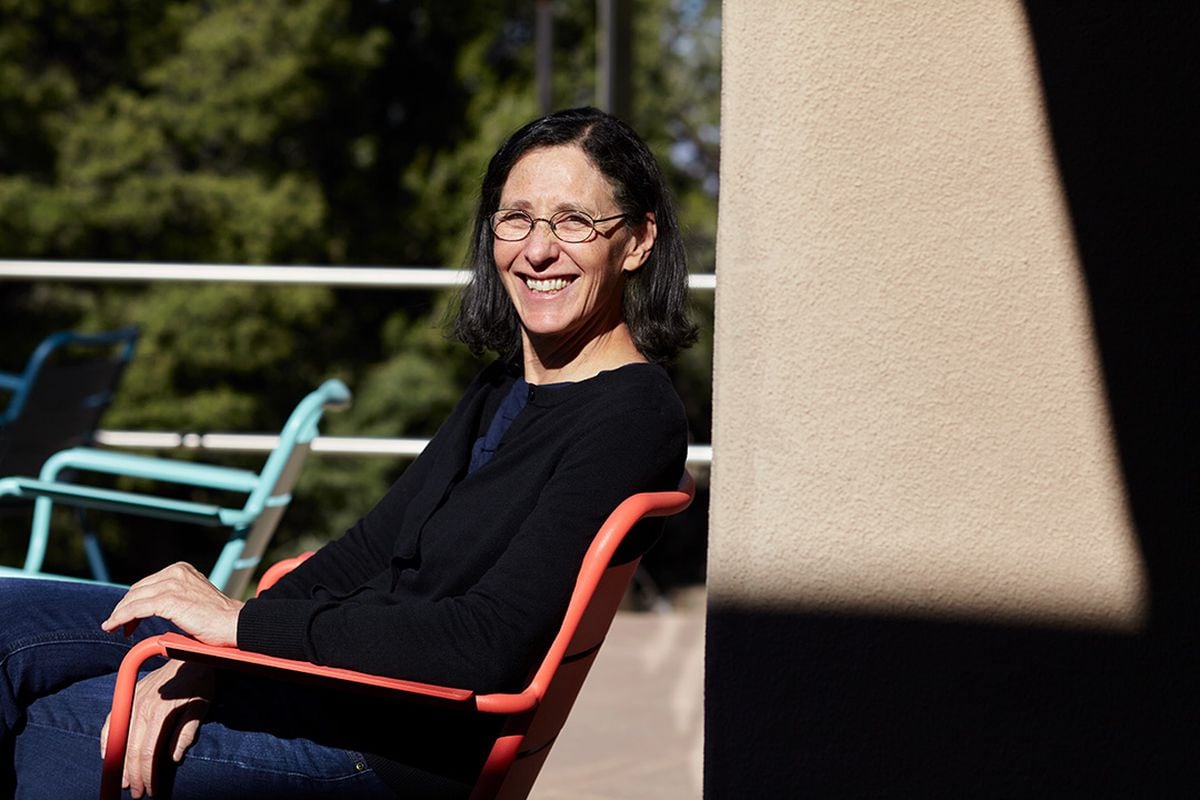Some remember the controversy of this return, inspired by the deputy Europe Ecologie Les Verts, Sandrine Rousseau.
On August 27, she assured that it was time to “change mentality so that eating a steak cooked on a barbecue is no longer a symbol of virility”.
An assertion brushed aside by its detractors.
“We eat meat according to what we have in the wallet, and not according to what we have in our panties or in our underpants”, had struck Fabien Roussel, at the microphone of Europe 1.
But after the controversy, place to the facts.
Thursday, September 22, an Ifop* study came to support the statements of the politician, arguing that men consuming red meat every day would adhere more to sexist stereotypes.
Thus, 47% of “meaters” approve of the idea that a woman should take care of household chores;
against 16% of men who do not eat meat, or only once a week.
Often attacked because of her words, Sandrine Rousseau would thus rely on facts.
Especially since her fight is part of a much broader movement called "ecofeminism", which she claims.
Sidonie Sigrist, journalist specializing in subjects related to gender and ecology issues, and author of the book
The Ecofeminist Revolution,
returns to the major foundations of this thought.
Read alsoSandrine Rousseau: "The fight led by women is the only one that has never killed anyone"
Domination relationships
Miss Figaro. -
How to explain that men who eat more meat are more inclined to sexist stereotypes?
Sidonie Sigrist.-
There is a notion of “power” in eating meat.
Obviously, it's unconscious, but ecofeminism questions this predatory, dominant relationship of man vis-à-vis nature, animals, intrinsically linked to his domination over women and minorities.
Full screen
Cover of Sidonie Sigrist's book,
The Ecofeminist Revolution
.
Screenshot
Implicitly, does this mean that we should no longer eat meat to get rid of this binary and these stereotypes?
There are many ways to approach ecofeminism.
Some thinkers will be more moderate, others more radical.
But the idea remains to question the dualisms that structure our way of thinking, such as the nature/culture opposition - the latter designating human, social, intellectual, rational activity - which places man above everything and generates forms of oppression.
Ecofeminist thinkers therefore question the place of animals in our lives as well as on our plates.
Some are vegetarians, but the Australian philosopher Val Plumwood condemns neither hunting nor the consumption of meat in a universal way.
According to her, this would amount to excluding certain cultures that practice hunting in order to survive.
On the other hand, she opposes the
Read alsoEcofeminism: "We are fighting for a world where women are no longer victims, but actors of change"
All oppressions are interconnected, so they must be thought of jointly, combined together
Sidonie Sigrist
Reclaim your body
To what extent does the movement connect women's oppression and environmental cause?
What the ecofeminists say is that capitalism has made nature a resource of raw materials that can be exploited at will, of women's bodies a procreative resource, and of minorities, exploitable bodies.
Silvia Federici, a feminist and Marxist thinker, links the birth of capitalism and patriarchy: this is when women were placed under house arrest and procreation, to make children and thus "produce" the "labor force" .
As such, since capitalism and patriarchy govern society, all oppressions are interconnected - women's rights, class struggle, racism, animal rights, exploitation of the land - they must therefore be thought of together to change mentalities.
Moreover, in southern countries, it is women who are responsible for
subsistence agriculture such as water delivery for the household.
Droughts push them to travel further to find water, so there is no question of considering the ecological and environmental question without approaching it from an ecofeminist point of view.
In video, the testimony of Ipaishe, farmer in Zimbabwe
Read alsoGlobal warming affects women more in developing countries
In turn, ecofeminists speak of "
reclaim
", to evoke the
"
reappropriation
"
of women's bodies.
It is a central notion of the current.
It is based on the idea of revaluing, rehabilitating and reclaiming what has been devalued by the “capitalism and patriarchy” combo.
For some, this results in a
reclaiming
of a relationship to the body, to its cycles, its evolutions, its degradation.
It's about learning to embody it, to care for it, to cherish it.
For others, it goes through the reappropriation of a spirituality in order to produce new stories about another way of being in the world and rituals to embody them.
Ecofeminism offers a reading grid.
It is, in a way, an ultra-rich analysis software
Sidonie Sigrist
Rituals that unite
Speaking of rituals, Sandrine Rousseau was mocked for this sentence:
“The world is dying of too much rationality, of decisions made by engineers.
I prefer women who cast spells, rather than men who build EPRs”.
Where does this come from?
From an American ecofeminist thinker and activist named Starhawk (
she is 71 years old today, editor's note
), who declares herself a witch and performs neopagan ceremonies and rituals.
Indeed, said like that, it sounds very dark and esoteric.
But Starhawk defends a political magic, and considers rituals as so many practices that make it possible to weld a collective and instill strength, hope and the power to act to pursue struggles.
Rituals are not an end in themselves, but ways to gather, to connect, to overcome a certain political despair and to reconnect with nature.
Read alsoShared gardens, compost, ecology: when women take action
Does the movement favor reflection over action?
Ecofeminism offers a reading grid.
It is, in a way, an ultra-rich analysis software.
Moreover, the "solutions" he proposes take shape in the light of the diversity of struggles and mobilizations: against GMOs, for environmental justice in the United States and elsewhere, against deforestation, in favor of the development of permaculture … Ecofeminism is a plural but deeply radical and anti-capitalist movement, which seeks to rethink the world.
Women are not advocating a return home with washable diapers and homemade bread.
Sidonie Sigrist
Women therefore have an important role to play in the environmental struggle. But doesn't this constitute an additional "mental burden",
as journalist Nora Bouazzouni raises?
The ecological burden is borne more by women.
Not because they have a green gene, an innate ecological conscience, but simply because they are still mainly in charge of the
care
, the care and the organization of the home.
That said, they do not advocate a return home with washable diapers and homemade bread.
They advocate a paradigm shift: centering life around attention,
care
, the care of children, the elderly and the living world rather than around capitalist values.
This would result, for example, in a revaluation of these so-called essential but ultra-precarious, and often female professions: caregivers, nurses, childminders, teachers... This can also involve a reduction in working time to take the time to take care of his and hers, rather than delegating these tasks to other people.
*The Ifop study was conducted for
Darwin Nutrition
, interviewing more than 2000 men over the age of 18, asking them about their relationship to meat, politics and gender.








/cloudfront-eu-central-1.images.arcpublishing.com/prisa/UOZPT56LYZEKVBJUAQGKE67OSE.jpg)
